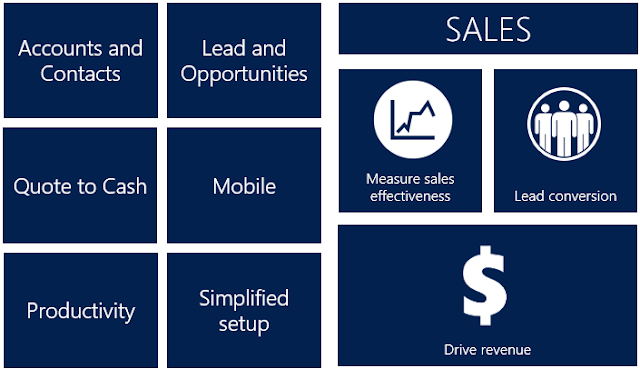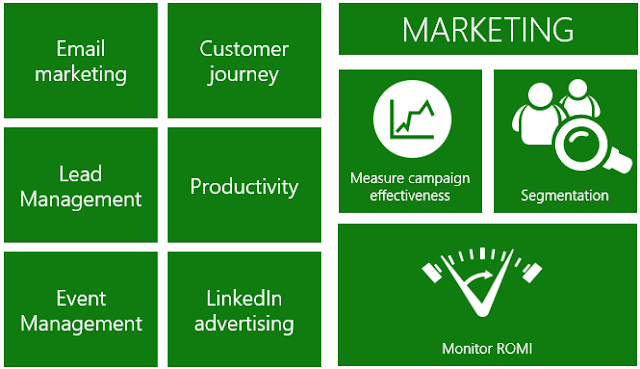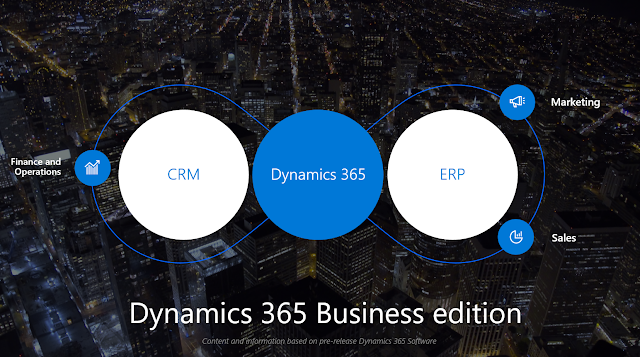To know the future of Dynamics 365 Customer Engagement, the best thing to do is to keep an eye open on the Business Edition. It was created by Microsoft to offer a simpler version of the Dynamics 365 Enterprise Edition features to Small and Medium-sized Businesses.
I expect new features, such as the “Unified Interface” or email marketing, to be firstly available to Business Edition customers before being rolled out and offered to Enterprise Edition customers.
What is the Business Edition?
Based on the Enterprise Edition “engine”, the Business Edition is targeted at SMBs that need:- Simple environment setup.
- Easy-to-use CRM, Marketing and ERP features that don’t require complex configuration.
- Out-of-the-box integration with Office 365.
- Affordable and scalable business solutions.

Dynamics 365 for Marketing, Business Edition features:

Dynamics 365 for Marketing, Business Edition is due to be released in preview in the future and be available in 2018.
In short, Dynamics 365 Business Edition is a great turnkey solution for SMBs and startups looking to empower their teams with a first-in-class and extensible platform: Forrester recently recognized Microsoft Dynamics 365 as a leader in Sales Force Automation.
Why is the Business Edition a great opportunity for Microsoft too?
The Business Edition will enable Microsoft to:- Compete against a crowded field of small business solution providers.
- Develop and rapidly deploy new features before making them available to regular Enterprise Edition customers.
Indeed, in the past, one of Microsoft’s challenges with Dynamics 365 was to limit regressions whenever it shipped a new version of its product.
While the quality of releases has improved year over year, it can still be a challenge to upgrade a complex implementation of Dynamics 365.
The platform being quite extensible, large enterprise deployments had (and still have) a tendency to be heavily customized and to rely on specific developments.
For these customers, it was more complex for Microsoft to introduce new or enhanced features while at the same time making sure that anything previously customized by the customer, partners or ISVs would still run smoothly. Hence a release cycle that will probably be shorter for Business Edition customers.
What’s in it for partners?
Even if the Business Edition is meant to bring a lot of autonomy to customers to setup and run the Dynamics 365 platform, partners are expected to still have a role to play. Especially in helping customers analyse their business needs, configure the system, perform simple customization and train and adopt the product.Implementation Best Practice (that are applicable from the Enterprise Edition to the Business Edition) and the knowledge of the Office 365 ecosystem are still key success factors for the project.
Now I expect Microsoft partners to bring new package offers to the market in order to help customers implement Dynamics 365 Business Edition.



 Like
Like Report
Report
*This post is locked for comments